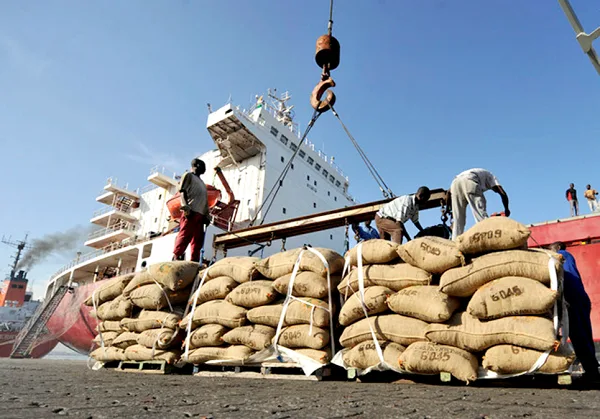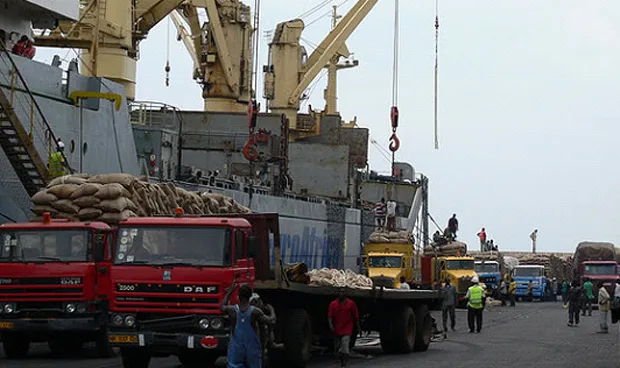The Deputy Trade Minister, Sampson Ahi, explained to the press that United States Ambassador Virginia Palmer expressed both shock and worry about President Donald Trump’s decision to tax Ghana’s cocoa exports at 10% rates.
Ahi revealed in his April 7 PM Express interview with Joy News that the Ghanaian delegation met with Ambassador Palmer to discuss this matter. The Ghanaian officials explained their perspective on the unjust cocoa trade restrictions, which affected their main export commodity while the United States has no cocoa production.
Ahi, along with his colleagues, questioned the reason for implementing the tariff in that meeting. Companies should select competitive commodities for their advantage when they aim to stay competitive. The United States does not produce cocoa, yet they have imposed a 10% tariff on this product.
Ahi explained that the ambassador, along with him, found the decision difficult to understand. According to him, the ambassador expressed the same level of astonishment.
The diplomat proposed to investigate cocoa’s status, as it might lead to an exemption from the tariff. The ambassador expressed her surprise about why cocoa appeared in the list that required taxation.

READ ALSO: Vice-President Naana Jane Opoku-Agyemang hospitalised, seeks further treatment abroad
The Trump administration’s trade strategy contains this tariff, which has received strong opposition from cocoa-exporting nations, particularly Ghana, since cocoa represents a vital source of foreign exchange for the country.
The second-leading cocoa producer of the world, Ghana, faces economic risks from new trade barriers, which could hurt the lives of millions of its cocoa-farming population.
The ambassador avoided supporting the tariff implementation and promoted the need for deeper discussions between senior diplomats. According to Ahi, the matter needs to reach the highest governmental positions between Ghana and the United States.
The future indicates that Ghana faces opposition from multiple countries against this tariff. Ahi declared that Ghana, together with other African cocoa-producing nations, have organized a unified response. The African Continental Free Trade Area (AfCFTA) will convene a meeting of African trade ministers on April 14 to discuss this matter, according to him.
Ghana’s government continues to fight this tariff because it believes the tax creates economic damage to the nation and causes unjust harm to farmers.








